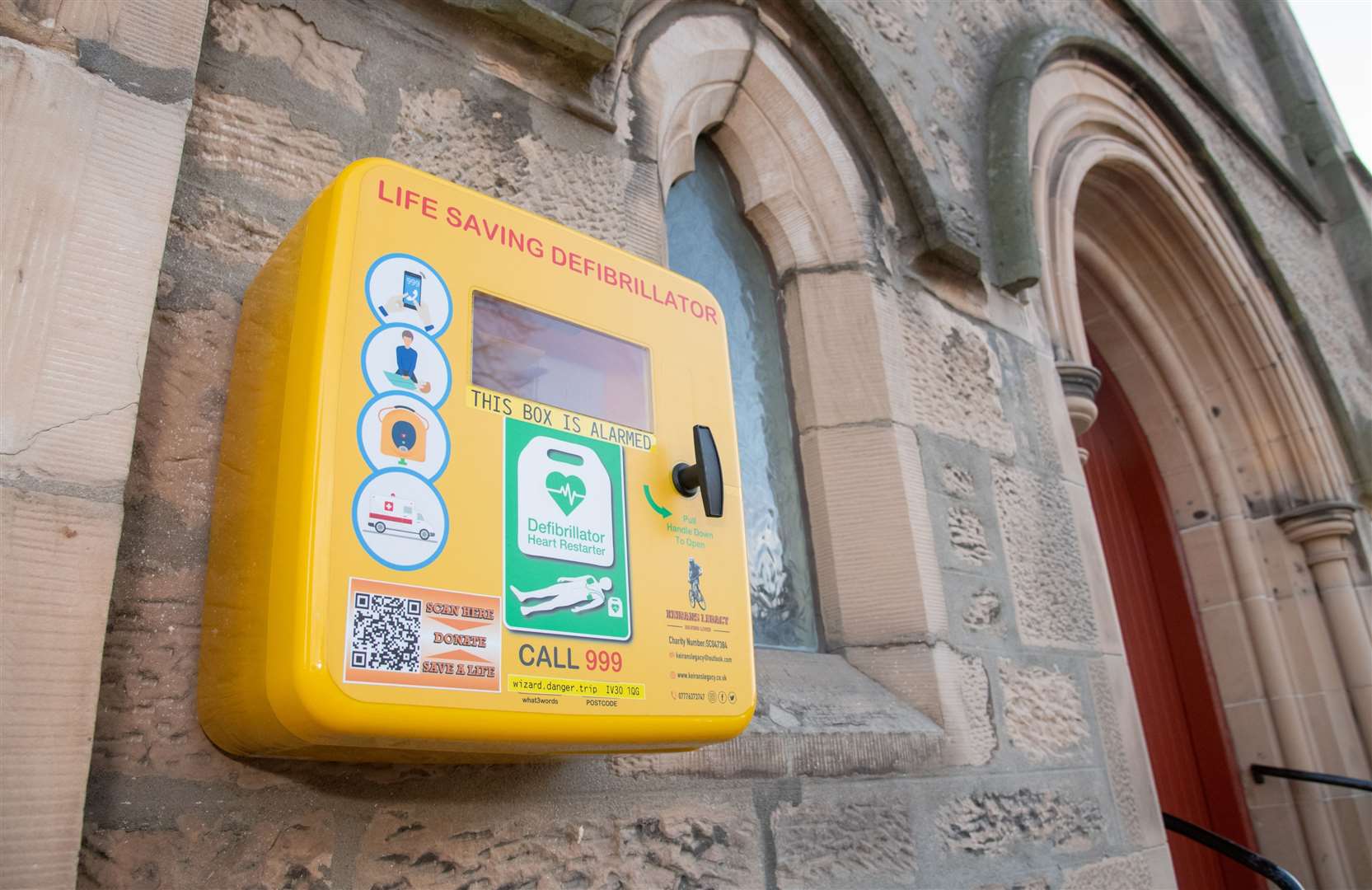Health
Stone Advocates for Defibrillator Regulation Review in Remote Areas

Jamie Stone, Member of Parliament for Caithness, Sutherland and Easter Ross, has urged a comprehensive review of defibrillator regulations to enhance accessibility in remote and rural areas, particularly in regions like Sutherland. During a recent parliamentary debate focused on defibrillator availability, Mr. Stone argued that the cost of essential components, such as pads and batteries, should be exempt from VAT, recognizing their vital role as life-saving equipment.
In his address, Mr. Stone highlighted the legal protections currently in place for similar life-saving devices, such as life-saving belts. He proposed that defibrillators should receive the same legal safeguards, reinforcing their importance in emergency situations. His remarks underscored the unique challenges faced by communities in the Highlands, where longer response times can jeopardize patient care due to the geographical isolation of these areas.
Concerns Over Health Service Centralization
Mr. Stone pointed out that his constituency is one of the northernmost in the UK, making access to emergency health services particularly challenging. He criticized the Scottish National Party (SNP) for its decision to centralize health services, which has led to critical delays for residents in the far north. The centralization means that ambulances must travel significant distances, often taking life-saving equipment like defibrillators south to hospitals in Inverness. This practice leaves communities further north, such as Wick, temporarily without crucial resources.
The MP expressed his frustration over this situation, stating, “Defibrillators are life-saving equipment. Making them accessible, affordable, and efficient should be a priority of any government.” He emphasized the financial burden that servicing defibrillators imposes on community responders, suggesting that the high costs could deter their maintenance and availability. By proposing a zero VAT rate on these materials, he believes that access to life-saving equipment could be significantly improved.
Mr. Stone’s comments reflect broader concerns about health equity in the UK, particularly for those living in remote locations. He asserted, “At the end of the day, health does not respect regions or borders. People everywhere have these needs, and no one’s life should be put at greater risk because they live in a remote area of the UK.” His remarks resonate with constituents who have experienced the consequences of delayed medical responses due to the remoteness of their communities.
Jamie Stone concluded by stating that the current approach poses a significant risk to lives in the far north. He criticized the absence of SNP representatives during the debate, noting their lack of engagement on an issue vital to the health and safety of rural populations. The call for regulatory reform regarding defibrillators highlights the pressing need for a reassessment of health resource allocation and accessibility in the Highlands.
As discussions surrounding health service reform continue, Mr. Stone’s advocacy for defibrillators serves as a critical reminder of the challenges faced by remote communities in ensuring timely access to life-saving medical resources.
-

 Entertainment3 months ago
Entertainment3 months agoAnn Ming Reflects on ITV’s ‘I Fought the Law’ Drama
-

 Entertainment4 months ago
Entertainment4 months agoKate Garraway Sells £2 Million Home Amid Financial Struggles
-

 Health3 months ago
Health3 months agoKatie Price Faces New Health Concerns After Cancer Symptoms Resurface
-

 Entertainment3 months ago
Entertainment3 months agoCoronation Street’s Carl Webster Faces Trouble with New Affairs
-

 Entertainment3 months ago
Entertainment3 months agoWhere is Tinder Swindler Simon Leviev? Latest Updates Revealed
-

 Entertainment4 months ago
Entertainment4 months agoMarkiplier Addresses AI Controversy During Livestream Response
-

 World2 weeks ago
World2 weeks agoBailey Announces Heartbreaking Split from Rebecca After Reunion
-

 Science1 month ago
Science1 month agoBrian Cox Addresses Claims of Alien Probe in 3I/ATLAS Discovery
-

 Health4 months ago
Health4 months agoCarol Vorderman Reflects on Health Scare and Family Support
-

 Entertainment2 weeks ago
Entertainment2 weeks agoCoronation Street Fans React as Todd Faces Heartbreaking Choice
-

 Entertainment4 months ago
Entertainment4 months agoKim Cattrall Posts Cryptic Message After HBO’s Sequel Cancellation
-

 Entertainment3 months ago
Entertainment3 months agoOlivia Attwood Opens Up About Fallout with Former Best Friend





















